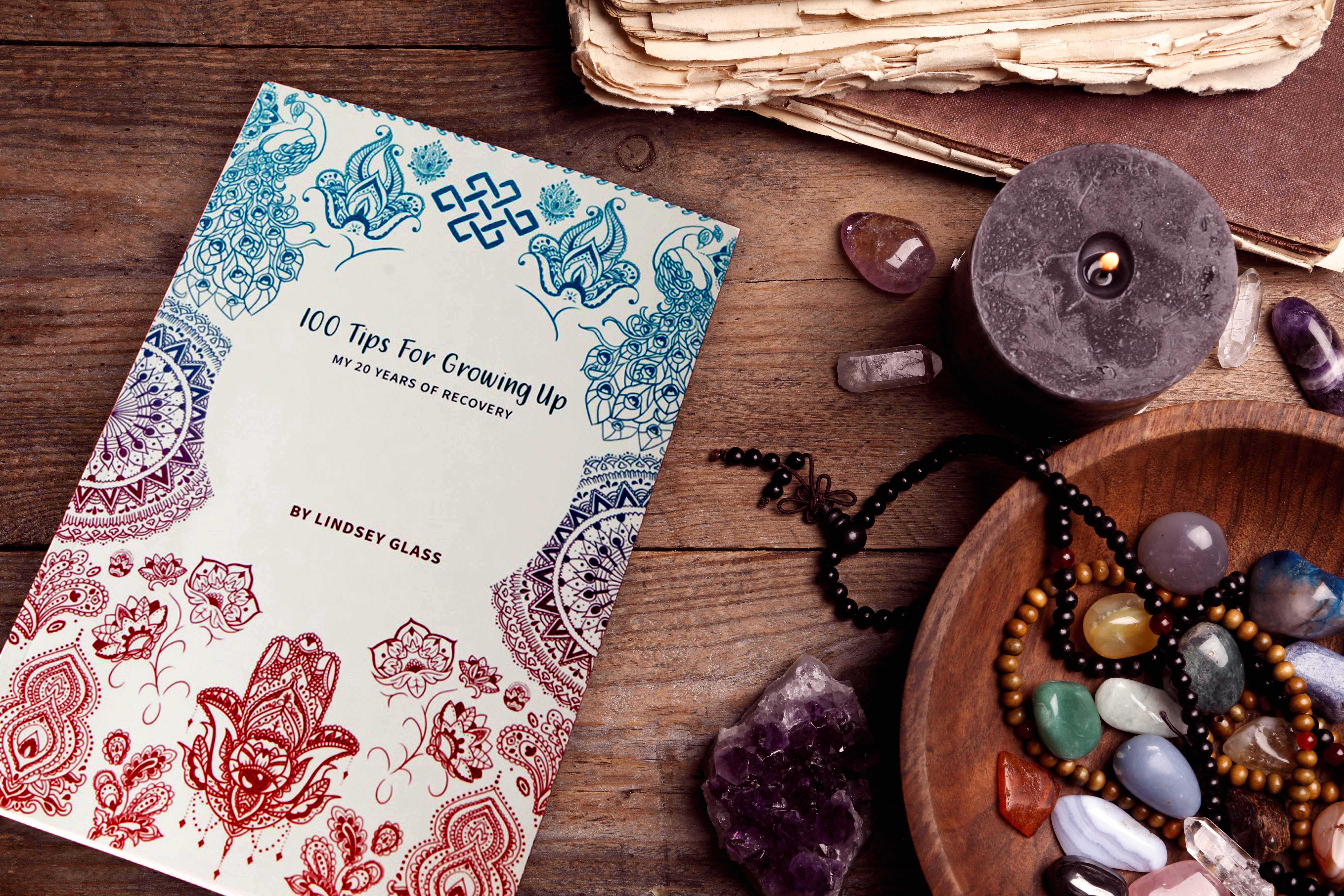Feeling Sorry For Yourself Doesn’t Help
Feeling sorry for yourself can lead to all kinds of woes. It can lead to substance use and relationship difficulties. In short, it becomes a bad habit you might want to break. When I was growing up my father kept a ledger in his head of what I cost: school, crooked teeth, music lessons, college, etc. It drove me nuts as the numbers mounted over the years, and I worried that he might be resentful or think I wasn’t worth it. Often, I felt like an unloved daughter. Was the problem his, or mine?
Feeling Sorry For Yourself Can Be Generational
For me, my dad’s cost counting (and unfortunate habit of telling me about it) had a personal and emotional impact he never intended. For years, I worried about how I would pay him back. My Dad, however, was not trying to hurt me by talking about money. The truth was he loved his ledger. He lived by numbers and counted all the costs in his life and business exactly the way he counted mine. He had come from a very poor family. Counting pennies was the way they had survived. Being able to earn a living meant a great deal to him. His true wish when he talked to me about money was simply to be appreciated, and not taken for granted.
Feeling Sorry For Yourself Happens When You Don’t Feel Appreciated
Did I ever understand my father’s need to be appreciated? Unfortunately, I was a child, not a mind reader. He taught me to think about money, not appreciation or gratitude. I’m sure he thought I was ungrateful. Many parents think their children are ungrateful when their children simply don’t know what’s needed. Take The Blame Game Quiz
Feeling Unappreciated hurts
At the pity party, the caretakers and providers in the family so often feel taken for granted, and unappreciated. It’s a painful feeling. Those constant brooders about not being appreciated enough may not see themselves as accountants, but they’re doing the same thing my dad did with money. They have a list that gets longer and longer as the years go by and they keep adding up all the things they do and have done for others without getting the rewards they feel they deserve.
Feeling Sorry For Yourself Happens When You Don’t Get Enough
The pity party is by no means limited to caretakers. Those being cared for (like our children, co-workers and other family members) often feel they’re not getting what they really deserve, either. And people coping with addiction may feel they’re not a loved enough for a complete rescue that would make them all right and whole.
Many people need more resources than are available to them
The pity party is not limited to family and friends and loved ones. There are thousands who have few resources or loved ones, may even lack jobs and homes, and feel isolated and singled out for catastrophic results that may keep on happening over and over. There are many forms of feeling alone, vulnerable and at risk both emotionally and literally.
Feeling Sorry For Yourself Is Human But Not Helpful
The pity party is certainly not defined by those who have resources and those who don’t. Feeling sorry for oneself from time to time is human. I’m alone. It’s my birthday; I have no one to celebrate me. I wrote a book; it’s been rejected by every publisher in the free world. I’m not as attractive or smart as I wish I were. Others are far more successful. I keep getting arrested; it’s so unfair.
There are millions or reasons to feel badly about something. It’s completely normal. But when woe is me is the default feeling, it’s become a bad habit that prevents forward motion, release from unhappiness, and the ability to receive help and love from others.
Feeling Sorry For Yourself Pushes People Away
Feeling sorry for oneself pushes people away. It’s a fact. Others don’t want to hear about it. That’s the reason happy songs so often become world sensations. Even when you feel horrible, music, and other tools of distraction and positivity, can turn into happiness.
Just the saying word happiness can make the feeling happen. Smiling works that magic, too. So leave the accounting to the money-minded and exit the pity party with a song. 100 Tips for Growing Up is a great resource to start hearing your own voice. See inside the book
More Articles To Read
This Is How To Stop An Argument Cold
22 Tips For Sober Life This Summer
Growing Up In Recovery After You Get Sober






















